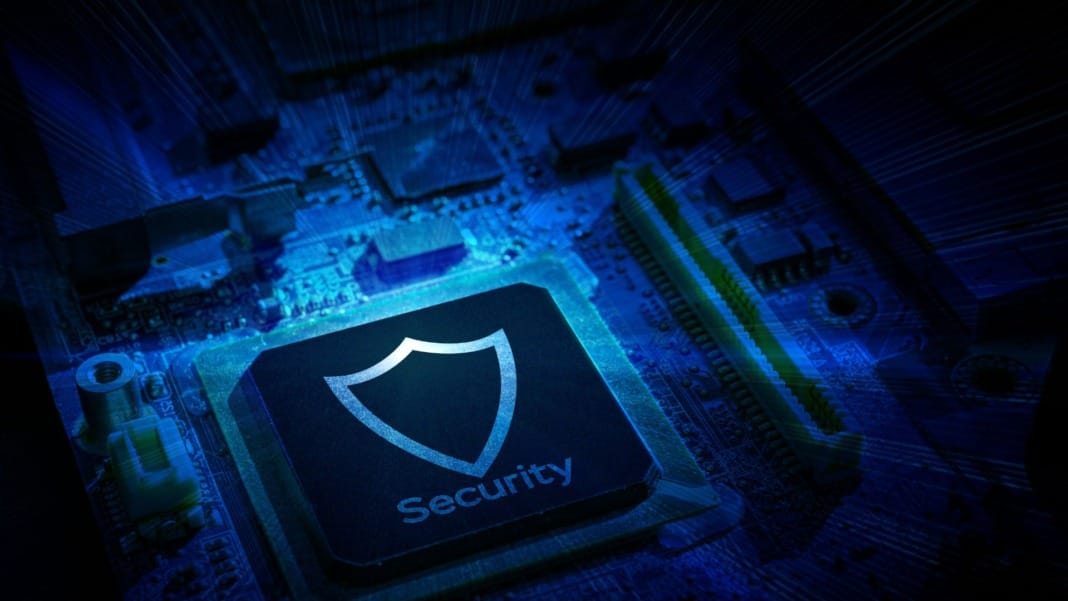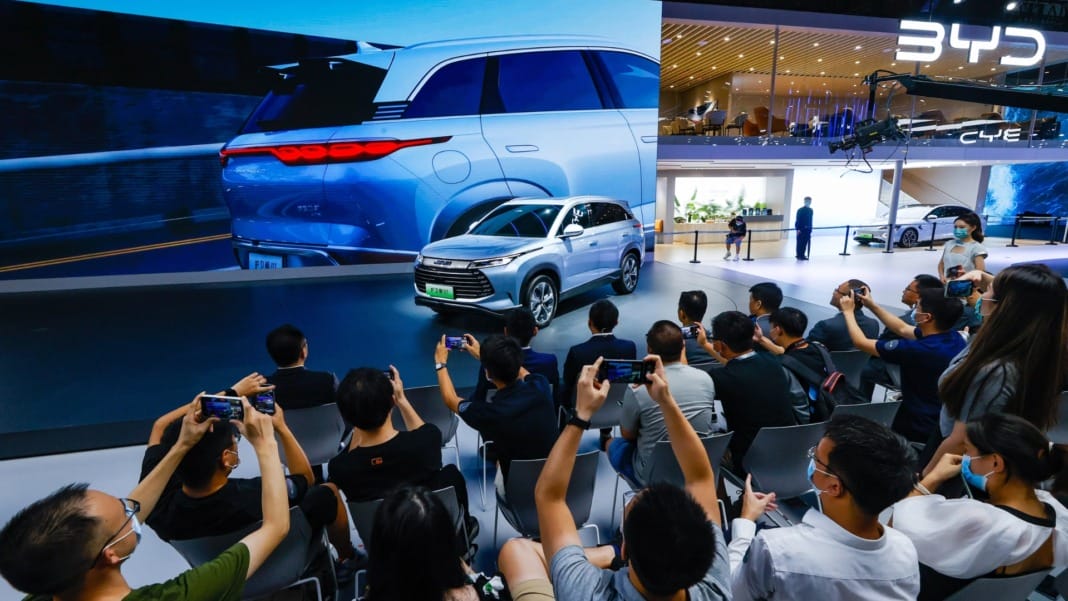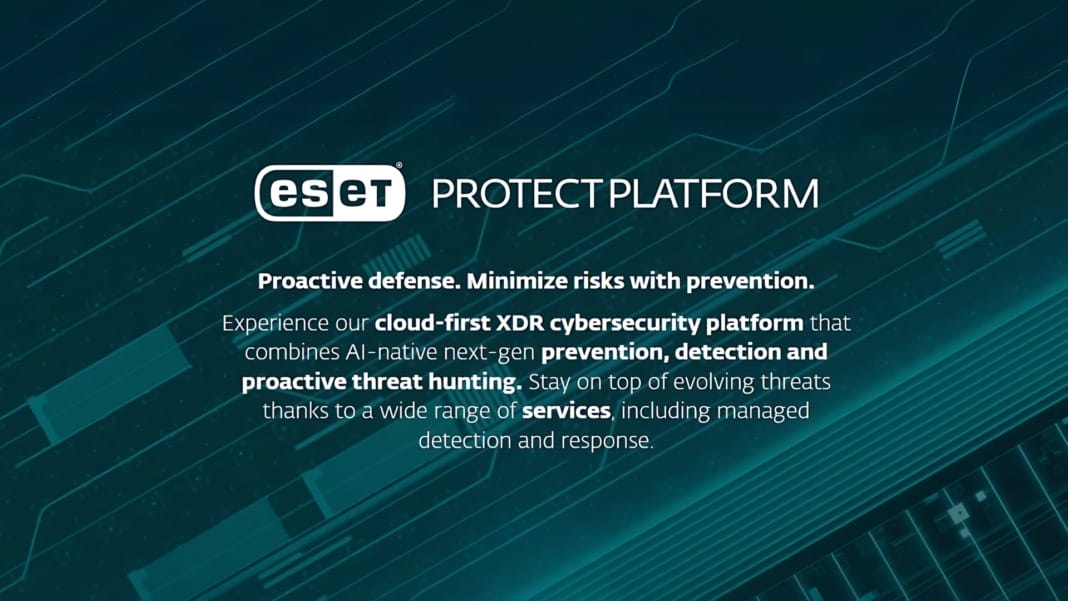Microsoft is stepping up its cybersecurity game with a new set of AI-driven security agents designed to help overworked security teams respond to cyber threats more efficiently. The tech giant has been expanding its security solutions, including AI-powered chatbots and Microsoft Security Copilot, which analyse security signals and turn them into actionable insights.
By automating routine tasks, Microsoft aims to free up security professionals so they can focus on more complex cyber threats and proactive defence measures. The company believes AI-powered security agents are a game-changer, helping organisations strengthen their security posture while reducing workload.
In a recent blog post, Microsoft introduced six AI-powered security agents, five of which were developed in-house and five created by its partners. These agents specialise in key areas such as phishing prevention, data security, and identity management.
Addressing rising cybersecurity threats
Cyberattacks continue to be a growing concern, with phishing being one of the most widespread and damaging threats. According to Microsoft, the company detected over 30 billion phishing emails targeting its customers between January and December 2024.
Alexander Stojanovic, Vice President of Microsoft Security AI Applied Research, shared Microsoft’s commitment to continuous innovation in cybersecurity. He stated, “This is just the beginning; our security AI research is pushing the boundaries of innovation, and we are eager to continuously bring even greater value to our customers at the speed of AI.”
The six AI-driven Security Copilot agents will help security teams automate high-volume tasks while integrating with other Microsoft Security tools. Using Microsoft’s Zero Trust framework, these agents will learn from user feedback and adapt to internal security workflows. They will be available for preview in April 2025.
AI agents for smarter security management
Each AI agent will focus on a specific security task. For example, one agent will monitor new users and applications not covered by existing security policies, identify necessary updates, and recommend fixes for identity teams. These fixes can be applied with a single click, making security management more efficient.
Users can customise the level of access and autonomy given to each agent. The AI agents can either operate independently, using a unique identity with their login credentials, or function as an extension of a human account. Unlike static automation, these AI agents continuously suggest optimisations and provide one-click security enhancements.
Microsoft has also revealed pricing estimates for Microsoft Security Copilot. The service is expected to cost approximately US$2,920 per month, based on a rate of US$4 per Security Compute Unit (SCU) running 24 hours a day throughout the month. SCUs are provisioned per hour and billed monthly.
As AI-driven security continues to evolve, Microsoft’s latest initiative highlights the growing role of automation in protecting businesses from cyber threats. With AI-powered security agents handling routine security operations, organisations can focus on strengthening their overall cybersecurity strategy.





